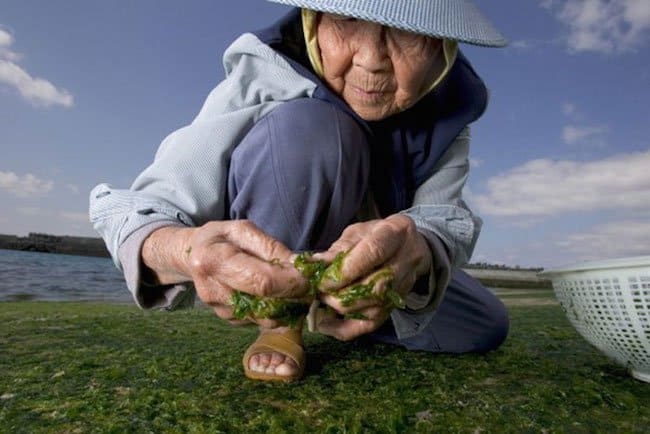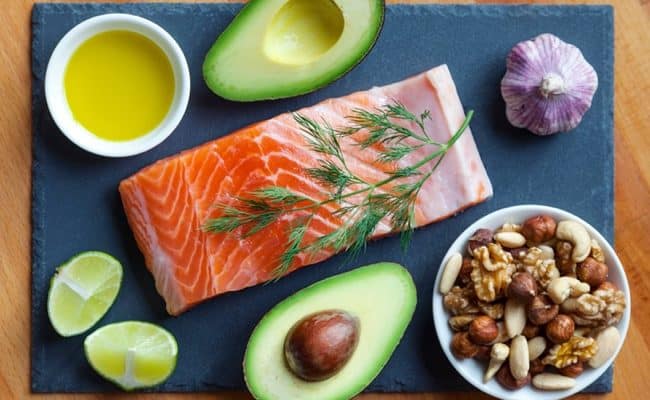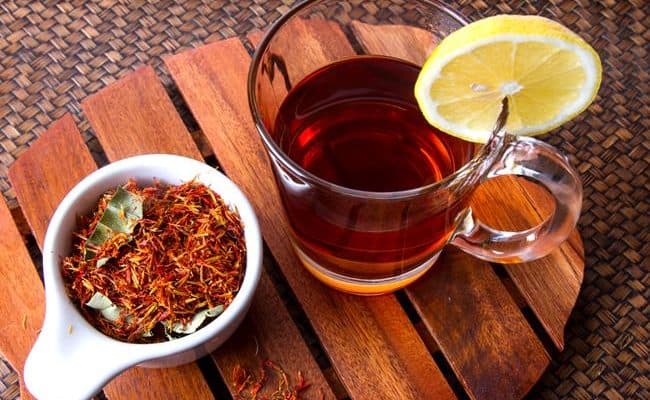
The inhabitants of Okinawa, Japan, Ikaria in the Greek Islands, Sardinia in Italy, and the Hunza Valley in Pakistan have one thing in common. They all have an unusually high proportion of inhabitants reaching the age of 100 and beyond, or a significantly longer lifespan than for the rest of the population.
So what are the secrets of these communities? Is their longevity simply due to good genetics, or are healthy lifestyle choices the key?
Although there is some evidence that genetics may play a part in the long life spans and low rates of disease such as heart disease, obesity and diabetes, it is thought that the main contributor is lifestyle and the healthy way these populations live.
The people of Okinawa, who frequently live to over 100 years old have been studied in great depth, and whilst it is thought that their small stature may make these people less prone to obesity and the strain that is placed on the body because of this, it is generally believed that it is their lifestyle choices that play the largest part in their longevity.
In fact, a study carried out on the population found that Okinawans that moved from their home and lived in the United States or other locations were usually a lot less likely to make it to 100 years, suggesting that good genes is not the only important factor.
Many of the longest living populations around the world share similarities in their diets, way of life and outlook, suggesting that there is a lot that we can learn about how to lead a healthy and long life from these communities.
Here are some of the most common healthy habits practiced by long living populations around the world.
Eat only until you are 80% full
This technique, commonly practiced by the Okinawans, limits calorie consumption and prevents overeating, resulting in obesity being practically non-existent in the population and unheard of in those that reach a century in age.
Obesity increases risk of numerous lifestyle diseases such as heart disease, cancers and diabetes, all of which are common killers in Western society.
Overeating is a huge problem in the Western world, with portions getting bigger and bigger and obesity levels following suit. Adopting this technique to control calorie consumption could help individuals to maintain a healthy weight and therefore lower risk of disease.
Make exercise part of your way of life
All of the long living populations mentioned above have reasonably high physical activity levels, often because they are still living in undeveloped areas where transport is limited and much of the work has to be done by hand, rather than with modern machinery.
This means that the individuals in these areas, whilst they are not sweating it out at the gym or running marathons, are constantly active for much of the day, and stay this way until an advanced age.
Although it may seem unfeasible for those of us living in a more modern part of the world to be moving all day, increasing incidental exercise by walking or riding a bike more may help to decrease risk of disease and improve health.
Eat more fruit and vegetables, whole grains, oily fish and soy
The diets of the groups mentioned above are all high in fruit and vegetables and whole grains, with Hunza valley inhabitants consuming many of these raw.
The Okinawans also have a high intake of soy and seaweed, whilst the Icarians and Sardinians consume high levels of olive oil, and all of these communities also have a reasonably high intake of oily fish. This balanced diet featuring a number of foods that are thought to reduce the risk of disease is likely to be one of the reasons that these populations live so long.
See also: Best fish to eat for weight loss
Eat less meat and processed foods
Another common factor in the diets of all of these groups is the low intake of meat, dairy and processed foods. The study into the diet of the Okinawan people suggested that those who adopted the eating habits of other locations when they moved there, or even the younger generations who were eating more processed foods had high risk of disease.
Scientific research supports the fact that red meat, in particular processed meats and other processed foods are associated with higher risk of disease and reducing out intake of these types of foods is likely to be beneficial for our health.
See also: Is red meat bad for weight loss?
Have a positive spiritual outlook
It seems that having a positive outlook on life is also an important characteristic in long living communities. It has been suggested that those who have a reason to live are more likely to live and longer and healthier life than those who have a more negative attitude or cannot see a reason for their life.
The Japanese concept of Ikigai, or the reason for being, which is an important part of the way of life in Okinawa, gives people a reason to get up in the morning and a reason to carry on.
Stress less
Low stress levels are also a common factor to long living populations. The slower pace of life in these areas and the less demanding occupations result in much lower stress levels when compared to fast moving the fast-moving city lifestyles and high pressure jobs that are more and more common place.
Stress can raise blood pressure and is thought to be a contributing factor in the development of heart disease and increasing the risk of stroke.
Don’t smoke
It is well known that smoking tends to shorten the lifespan of human beings. This isn’t to say that none of the individuals reaching 100 years are, or have been smokers in the past, but the vast majority are thought to be non-smokers.
Drink in moderation
Alcohol consumption is a point of contention in the quest for longevity, with populations such as the Sardinians and Incarians consuming moderate amounts of antioxidant rich wine, which is thought to play a part in extending their lives.
On the other hand, populations such as the Seventh Day Adventists in Loma Linda, California drink have an average lifespan significantly greater than the normal, which has been put down in part to their lack of alcohol consumption, (in combination with a plant based diet and not smoking).
Evidence suggests that moderate alcohol intake may be protective against disease, but it is not recommended that non-drinkers take it up simply for this reason. We can be certain however, that large alcohol intakes, particularly in the form of binge drinking are harmful to the body.










